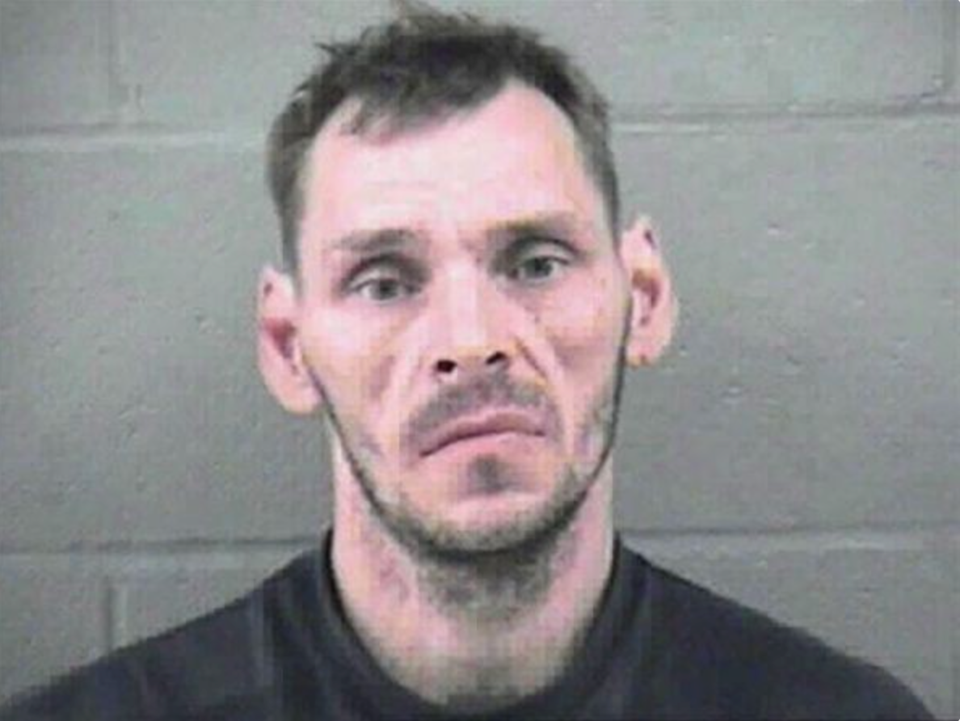The BC Review Board has decided its future hearing decisions will not redact the new name of psychiatric hospital patient Allan Dwayne Schoenborn, who sought a publication ban so the public could not identify him as a child killer.
Schoenborn’s new name is understood to be Ken John Johnson, according to Dave Teixeira, a representative of Schoenborn’s victims — his three young children — and their family members.
According to a board decision written by chair Brenda Edwards, Schoenborn argued disclosure of his new name is prejudicial to his privacy and fair trial rights and publishing it would open him up to, in Schoenborn’s words, “further public abuse” and jeopardize his mental well-being and physical security.
Furthermore, disclosing his new name would negatively impact his community rehabilitation efforts, Schoenborn argued.
The B.C. director of Forensic Psychiatric Services supported Schoenborn’s application, Edwards noted.
“Anonymizing or redacting Mr. Schoenborn’s new name is justified on the public interest grounds of protection of physical safety and furtherance of treatment goals, including the accused’s need to reintegrate into the community,” the director argued, according to Edwards’ ruling.
However, Crown counsel and Global News acted as intervenors in opposing the application.
The Crown, noted Edwards, argued openness serves broad public interests and individual interests such as “the ability to make a decision about how and who to interact with and to deter further misconduct by the perpetrator.”
Furthermore, the board’s powers to restrict the name would be limited. This point was exemplified when Teixeira was granted and published a screenshot on X, formerly Twitter.
Global News, Edwards wrote, said it is significant that neither [Schoenborn] nor the director have pointed to any precedent for the order sought. Global News argued the board would be charting “a bold and dangerous new course” that is antithetical to the open court principle.
The outlet further argued redaction would “obscure the ability of journalists, academics, historians, and law enforcement officials to locate and review the board’s disposition reasons and related documentation.”
Schoenborn said he has faced abuse from other patients and this justifies redaction of his name, as he’ll face similar abuse from the public. But Edwards said she “does not accept that because Mr. Schoenborn has been mistreated by co-patients while in custody, he faces a serious risk if he were to reintegrate into the community with public knowledge of his new name.”
“Balancing the important public interests against Mr. Schoenborn’s privacy, safety and community reintegration needs, I conclude that the scale tips in favour of protecting and preserving the openness principle,” concluded Edwards.
In 2010, Schoenberg was found to have committed first-degree murder his three children in Merritt in 2008 but a judge found him not criminally responsible for killing them. He has been housed in a psychiatric hospital since.
Last month, the board held Schoenborn’s annual hearing to review his privilege to remain in the community for up to 28-day visit leaves, subject to an assessment of his mental condition and the risk that he poses to the public at the time the leave is sought.
The hearing was postponed following a verbal outburst from Schoenborn against members of the board.
His application to redact his name prompted the provincial government to alter laws in order to prevent people convicted of serious Criminal Code offences from changing their names.
Premier David Eby initially pointed his finger at the previous BC Liberal (now named BC United) government for altering name change legislation in 2002.
Those 2002 changes had nothing to do with criminals, who have always been able to change their name. What they did do was remove public notification of name changes all together — a matter Eby did not address with concerning criminals.
What will not change under new legislation is the requirement to submit a criminal record check when applying for a name change; this ensures police records are aligned with both names.

